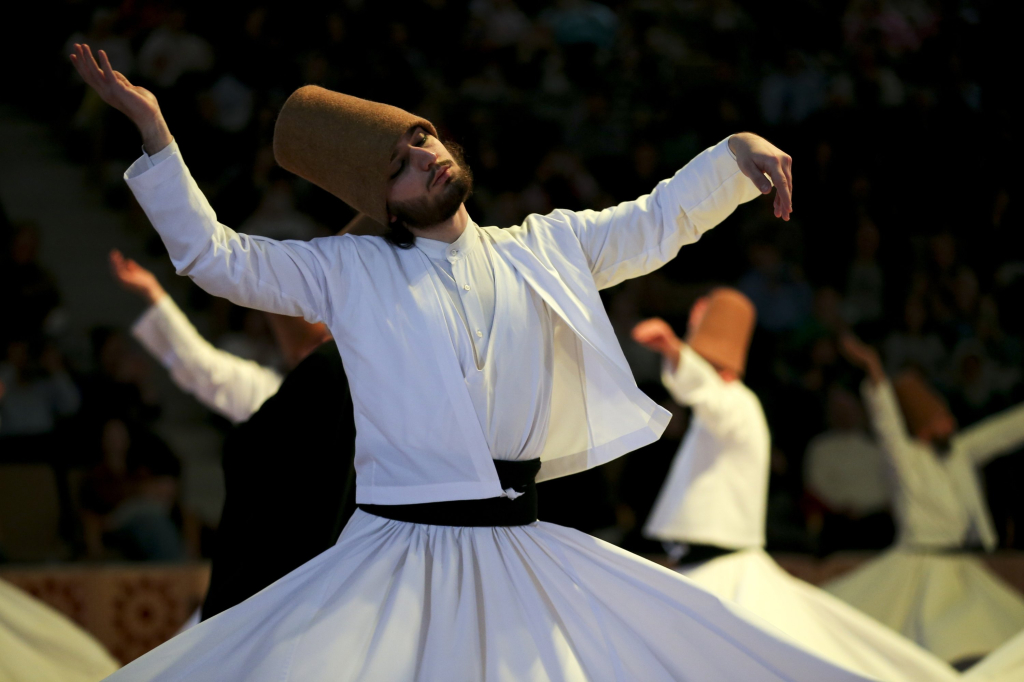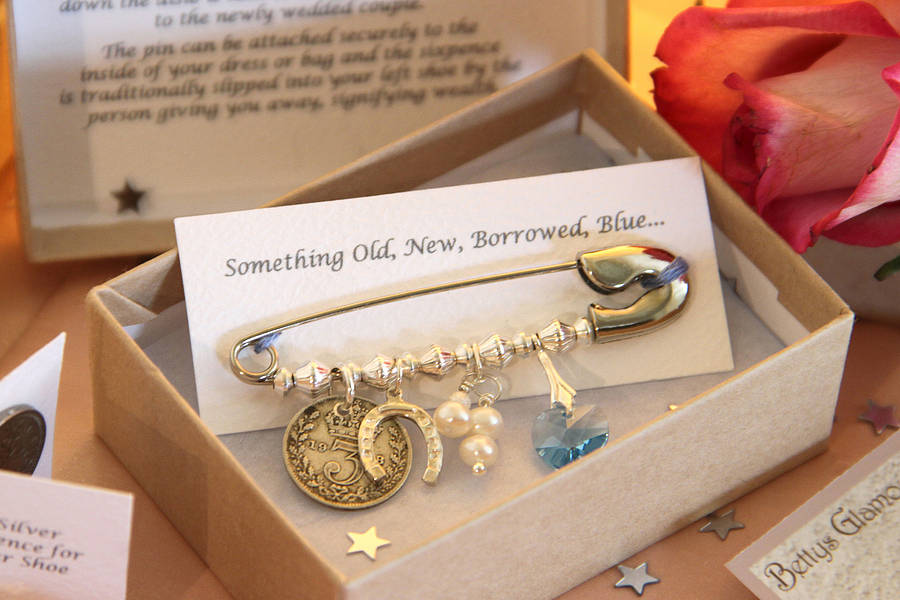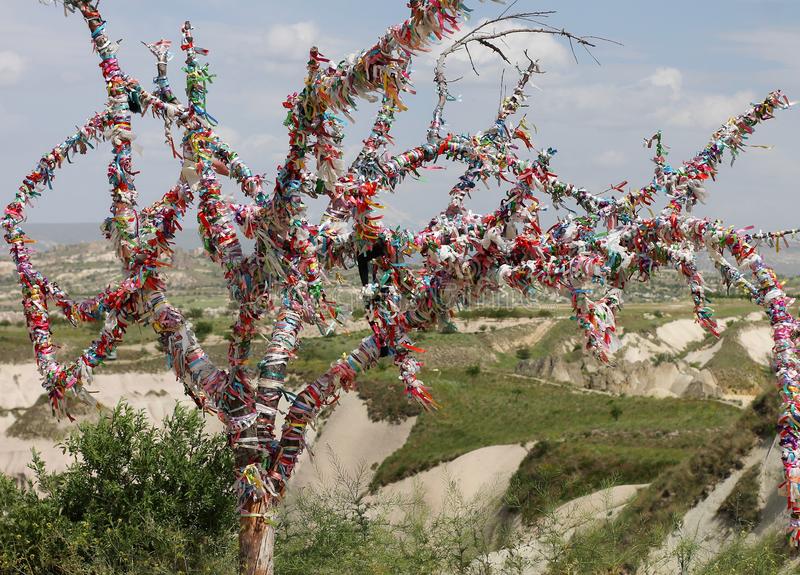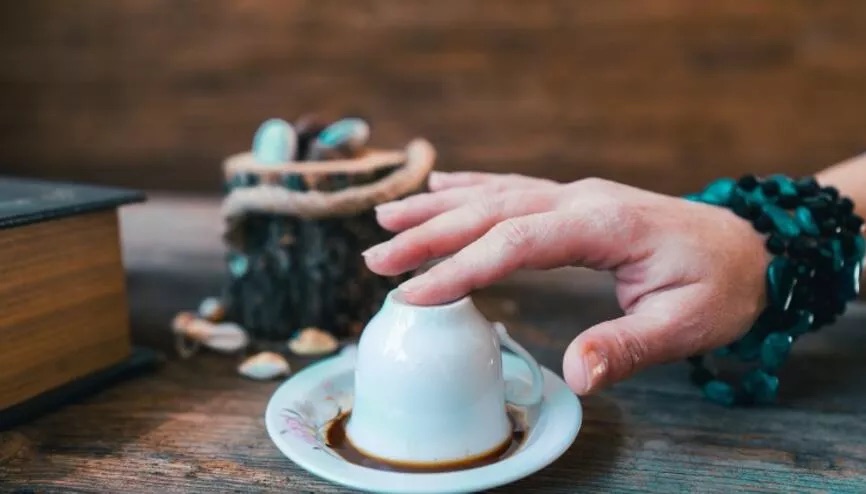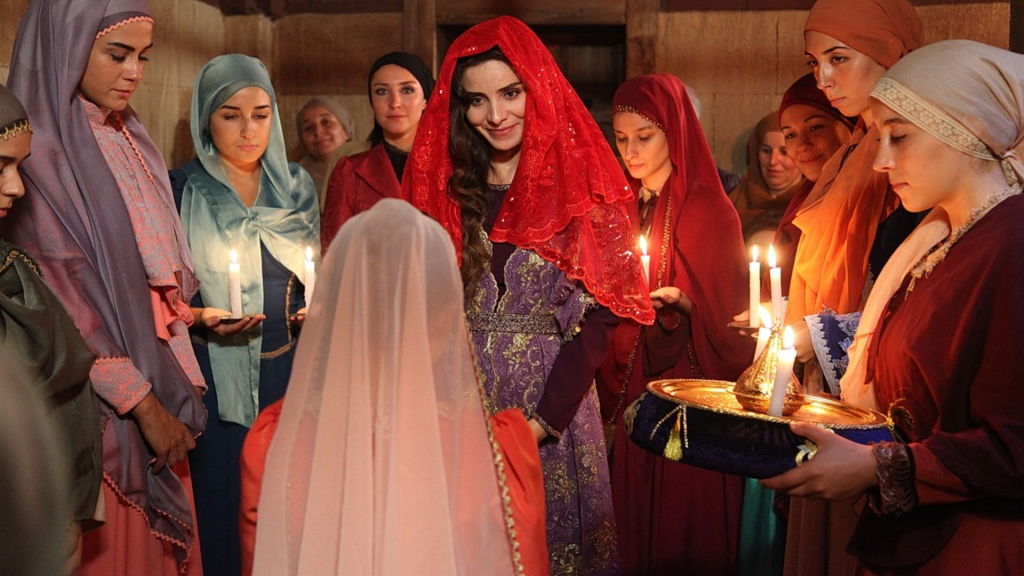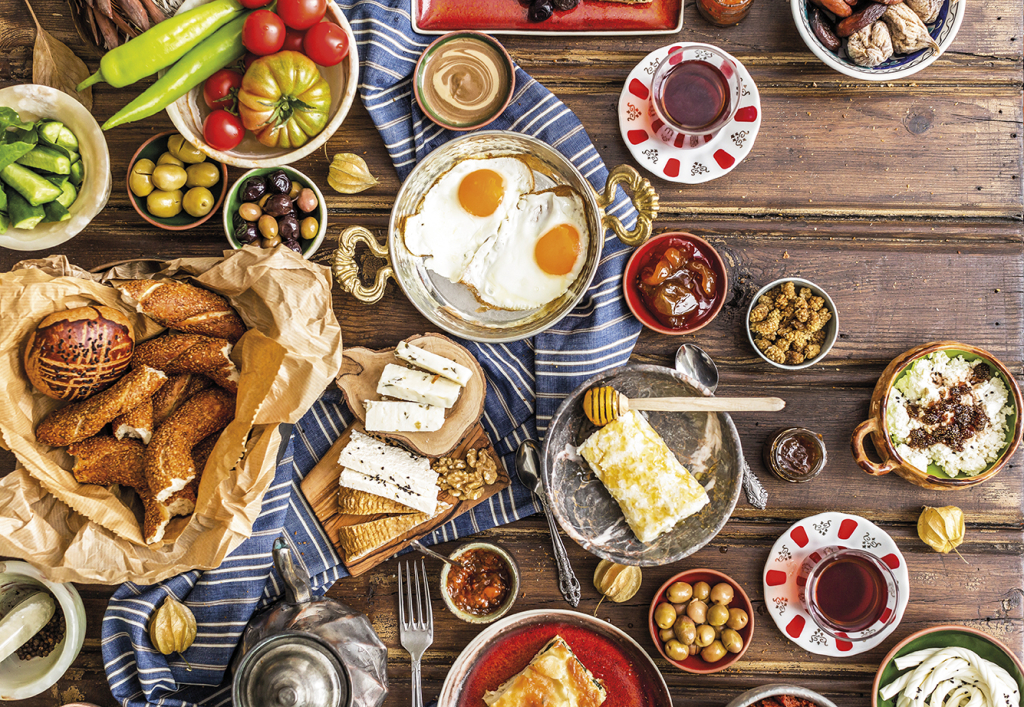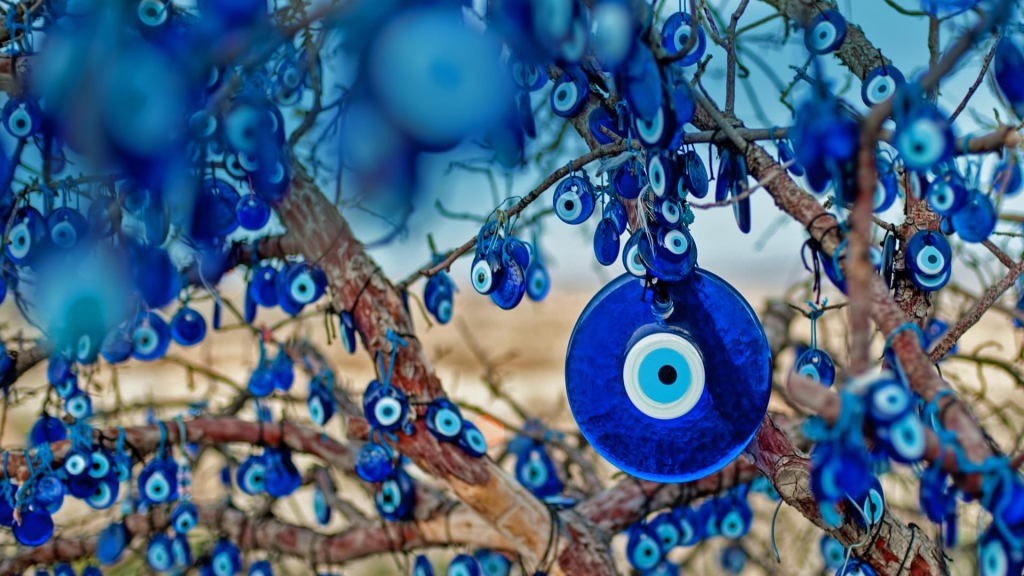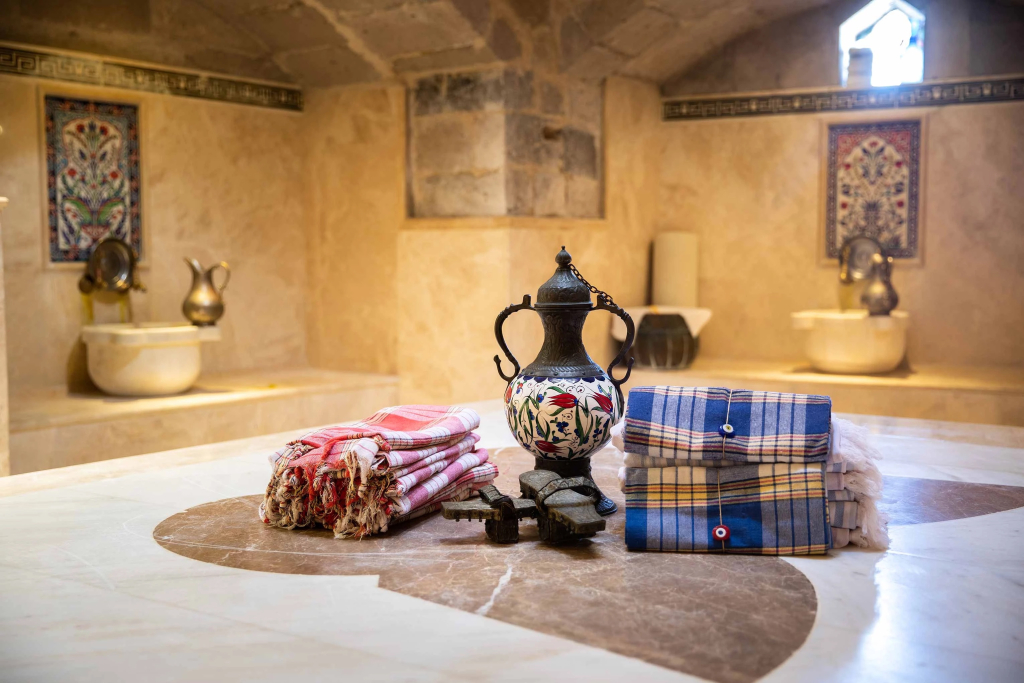Turkey's Mystical Dance of Spiritual Unity The tradition of the Whirling Dervishes in Turkey is a captivating and spiritual practice that originates from the Sufi order of Islam, particularly associated with the Mevlevi Order founded by the poet and philosopher Rumi (Mevlana) in the 13th century. This mystical tradition is more than just a performance; it's a profound spiritual journey and a form of...
Symbolism in Bridal Attire Traditional bridal attire often incorporates four symbolic elements: something old, something new, something borrowed, and something blue. Each of these elements holds a special significance in the wedding tradition: “Something Old, Something New, Something Borrowed, and Something Blue” Something old: This element represents the bride's connection to tradition...
“If there is no woman at a raki table, there is a woman for whom a table was set” One of the loveliest traditions surrounding the consumption of the traditional Turkish alcoholic beverage, Raki, is to knock your glass lightly on the table after toasting in remembrance of someone you wish were present. This gesture shows respect and gratitude for the person being toasted. After the toast, one can...
Traditional Turkish Engagement where love takes center stage In Turkish culture, when a couple decides to take their relationship to the next level and get married, a beautiful tradition unfolds. As their bond becomes more serious, the families of the soon-to-be bride and groom come together. On a chosen evening, the prospective groom and his relatives visit the home of the prospective bride's family....
An Ancient Tradition of Hope and Optimism The “Wishing Tree,” also known as “Nahıl,” is an old Turkish tradition associated with making wishes. This ritual has been practiced for centuries and involves people tying a piece of colorful fabric to the branches of a tree while focusing on their wishes. This tradition is still practiced by many Turkish people and is considered mystical, as the...
Reading the Past, Present and Future in Turkish Coffee Cups In Turkey, it is popular to read coffee cups as fortunes, a practice known as kahve falı. Turkish people have used this ancient art for centuries, which is still widely practiced. The practice of kahve falı dates to the Ottoman Empire, where it was used to predict the future. The practice has since been passed down through the generations,...
A Night of Symbols, Traditions, Love and Joy Henna Night is an important tradition in Turkey, celebrated the night before a wedding. During this night, family and friends celebrate the bride’s upcoming union and wish her luck and happiness in her new life. The bride is adorned in her traditional wedding gown and is surrounded by her family and friends. A professional henna artist will draw...
A Tradition of Good Wishes and Safety for Those Heading to the Army On the day of their departure to the army, a traditional Soldier's Farewell Ceremony is held. Around 10-15 days or even a month before enlisting, the young men gather in a room decorated as a soldier's room and arrange entertainment. On the day of the ceremony, following the Friday prayer, everyone from the village gathers in...
A Taste of the Flavorful Variety of a Time-Honored Meal The tradition of Turkish breakfast dates back centuries, and the flavors and ingredients of the meal have been passed down through the generations. It is a very important part of Turkish culture, and breakfast, in general, is considered the most important meal of the day; It has become increasingly popular worldwide due to its variety of flavors...
Traditional Belief in the Evil Eye Nazar is a traditional Turkish amulet or talisman believed to protect against the evil eye and negative energies. It is usually made of blue glass and has a painted eye in the center, symbolizing protection against bad luck and negative vibes. This charm is very popular in Turkey and is often seen hanging in homes and offices to ward off unwanted influences. The...
Demonstrating Honor: The Significant Culture of Showing Respect In Turkey, men are traditionally referred to by their first names followed by the word “Bey”, which means master. Women are referred to by their first names followed by the word “Hanim”. If a person holds a professional title, such as a lawyer (Avocat), engineer (Muhhendis) or doctor, they are to be addressed by their...
Hamam - a cherished part of Turkish culture, world known therapeutic rituals that come from Turkey The Turkish bath is integral to the nation's cultural identity and can be traced back to the Ottoman Empire's golden era. After the conquest, baths began to appear all around Istanbul, becoming a fundamental part of the Turkish way of life. Taking a Turkish bath is more than just filling up a tub with...
